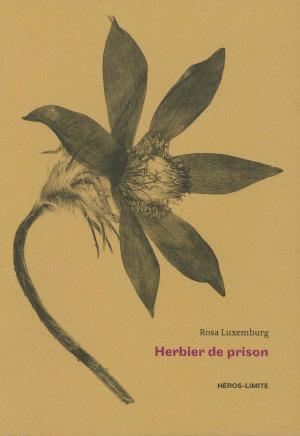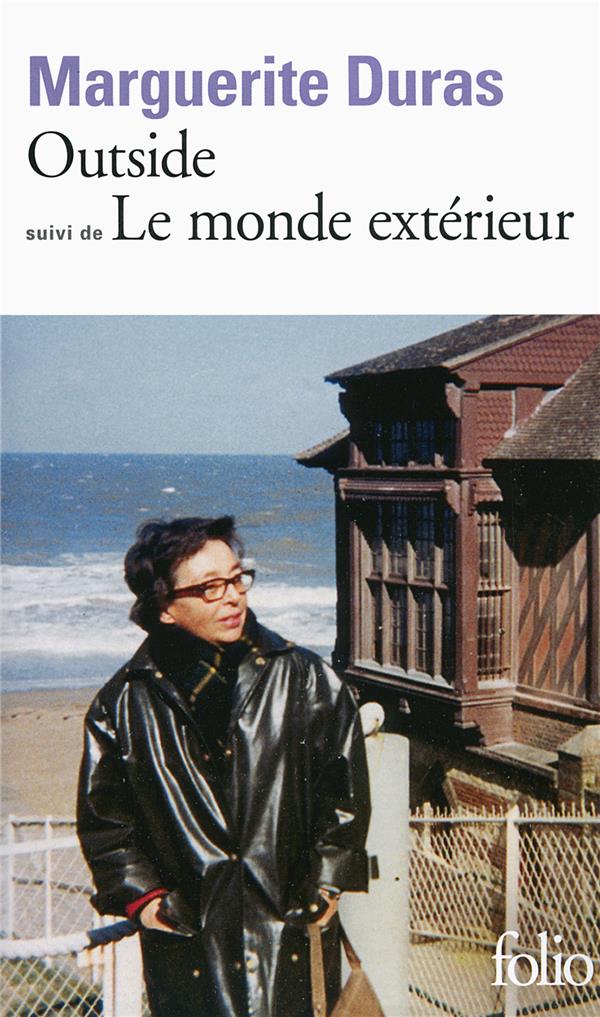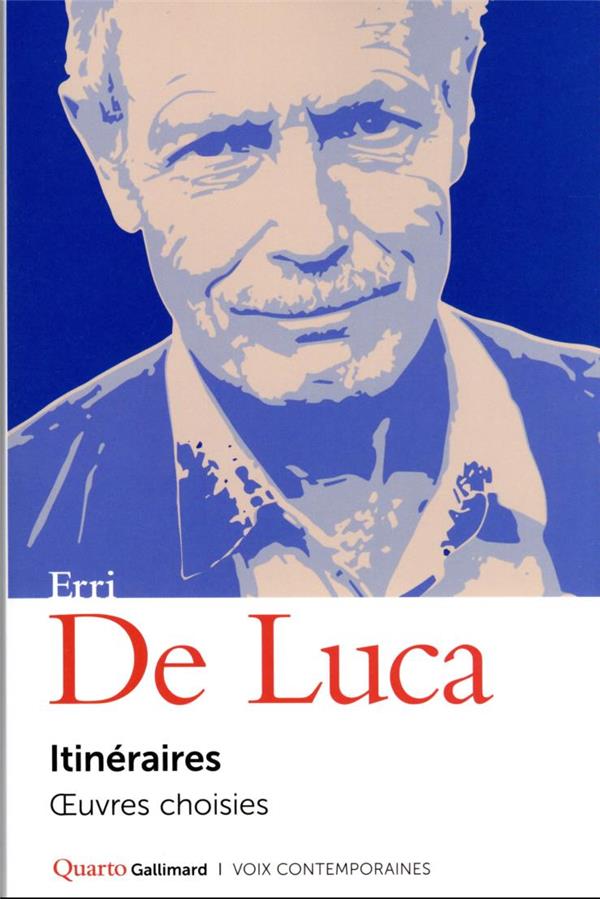What’s on Célia Houdart’s Bookshelves

We discovered French novelist Célia Houdart in 2022, when she published “Journée particulière”. This gracious, tender, suffused with a contained nostalgia was our introduction to her work which explores a great variety of crafts and words. At the same time, her distinctive and deeply personal prosody and aesthetic makes it very easy for the reader to identify her texts from their very first lines on.
Many of Célia Houdart’s novels (all published by POL) explore the subterranean links between writing and other artistic disciplines, such as photography (Les Merveilles du Monde, Journée Particulière), drawing (Les Fleurs Sauvages), singing (Gil), and architecture (Carrare).
When you read a book by Célia Houdart, you’re immediately struck by the great precision of her writing, which summons up all your senses and gives life to a narrative that’s both compact and uncluttered. And what’s even more astonishing as the reading progresses is the contrast between Houdart’s writing, strongly anchored in reality, and the immaterial character of her subject.
But don’t be fooled into thinking that Célia Houdart’s novels are hermetic. On the contrary, the mystery at the heart of the text gives it a movement – similar to that of an investigation – that draws the reader in inevitably. Célia Houdart’s fictions embrace and reflect the complexity and violence of our world and how it affects individuals, and her narratives unfold with a bluffing effortlessness.
We were curious to discover which authors and books Célia Houdart holds in high esteem, and she was generous enough to share with us four literary works that matter deeply to her. Here they are.
We were curious to discover which authors and books Célia Houdart holds in high esteem, and she was generous enough to share with us four literary works that matter deeply to her. Here they are.
BOOKSHELF
Between April 1915 and October 1918, the revolutionary socialist Rosa Luxemburg was imprisoned in Berlin where she created an herbarium in her notebooks.
She pressed flowers and weeds which she gathered in the infirmary courtyard or in the vegetable garden during her rare walks, or that were sent to her by mail: phlox, daisy, great mallow, couch grass, ground ivy.
This book collects all of these pages in one volume along with Rosa’s handwritten commentary and her stunning letters, which celebrate friendship, poetry, and a love of life. The reproductions and Muriel Pic’s preface are very beautiful.
Herbier de prison by Rosa Luxemburg, Héros-Limite.
Click here to purchase this book with us.
I recently read this great speculative classic which has haunted me ever since because it totally transformed the impression I had previously had of the book. I was moved by the voice of this very modern novelist.
The language is spare, but subtle in its structure and treatment of landscapes. It is attentive to light and shadow, to the tremors of body and spirit. In this book, humanity searches and doubts its power as much as its own knowledge.
The reader understands that to create -or simply, to live- is a daunting adventure. And we are often similar to the “creature,” a shadowy character without a name. The chapters about the frozen sea and the section in Antarctica are unforgettable.
The last Folio edition with its simple cover rescues this book from the Gothic or science fiction imagery by which it is often hampered.
Frankenstein ou Le Prométhée Moderne, by Mary Shelley, Trad. Alain Morvan, Folio SF. 2019
Click here to purchase this book with us.
This is definitely my favorite book by Marguerite Duras. The inflections of her voice come through strongest here. Her insolence. Her freedom. Her political stance, on a street corner in Paris (Les Fleurs de l’Algérien). What she loves (leek soup), or what drives her crazy (injustice, racism).
I love the diaristic form. What she makes possible. The absence of transitions. The mosaic effect. A way of breaking down the barriers that normally separate “highbrow” culture and “lowbrow” culture. The outside world creeps in.
Outside by Marguerite Duras, P.O.L
Click here to purchase this book with us.
His writing goes straight to my heart. His ear for language (he is a translator). His way of moving through the world. Erri de Luca is a humanist involved in multiple struggles while maintaining the crucial distanced needed to write and think. He is a writer who is first and foremost a reader. Other books are interwoven through his work which is in dialogue with the Bible as well as the poetry of Marina Tsvetaeva or Don Quixote. Like him, I hike in the mountains and I love rocks. That is maybe also what touches me about his work: its physicality. There is a porosity to the landscape and its elements. Particularly for a short novel: Nature exposed. Here a man who is also a smuggler restores a marble sculpture. This collection includes a wonderful, previously unpublished story called Napolide. It is a series of short texts about Naples, the author’s birthplace. I feel like I am familiar with Naples thanks to him. An infinite reserve of stories.
Erri De Luca, Itinéraires, Œuvres choisies, Quarto Gallimard 2023.
Click here to purchase this book with us.





